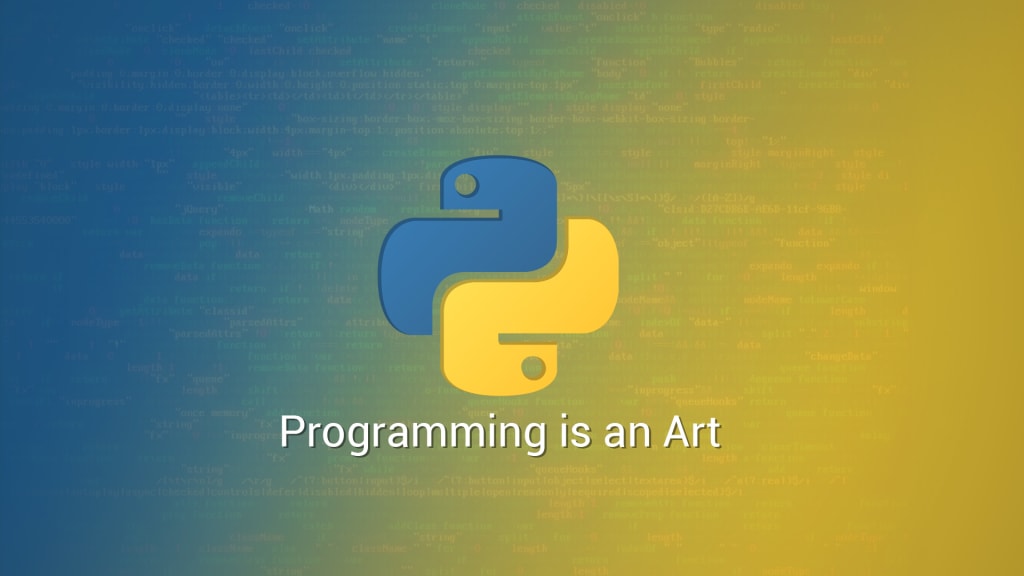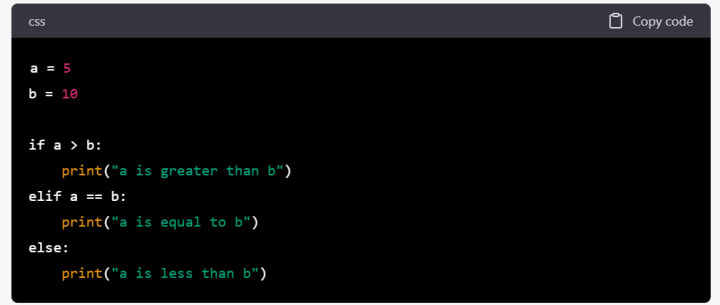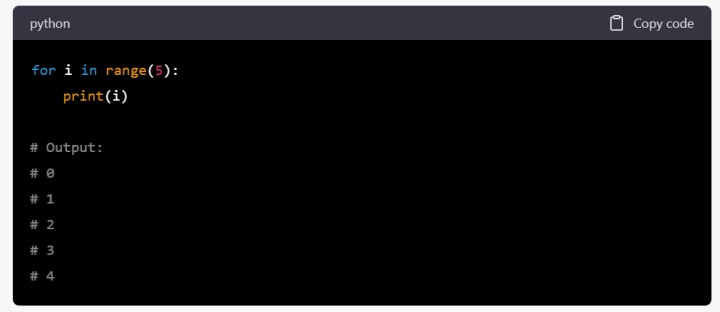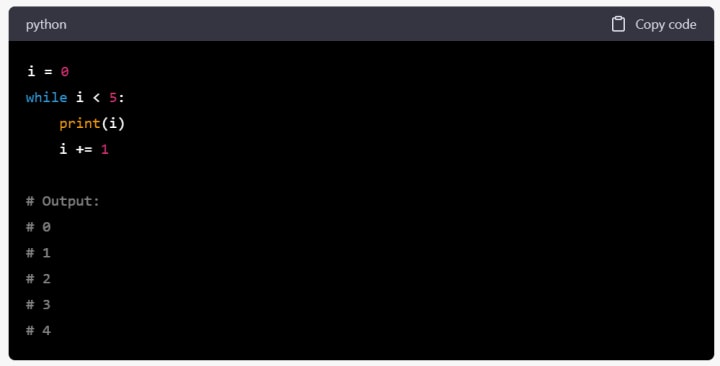What is Python Language ?
World under Programming

Some steps to help you get started with learning Python programming:
Familiarize yourself with the basics: Start by learning the basic syntax and data structures in Python. This will include learning how to work with variables, strings, lists, dictionaries, and other basic elements of the language.
Practice writing code: Once you have a basic understanding of the syntax, start practicing writing code. Try working through simple exercises, such as writing a program that prints "Hello, World!" or solving problems on online coding platforms like HackerRank or Codewars.
Learn the Standard Library: Python has a large and comprehensive standard library, which you can use to perform a wide range of tasks without having to write code from scratch. It's important to familiarize yourself with the most commonly used modules in the standard library.
Work on projects: As you continue to improve your skills, start working on small projects. You can try building simple programs such as a calculator, a weather app, or a to-do list manager to help you get more comfortable with Python.
Read and learn from others: Finally, reading code written by others and participating in online communities can be a great way to learn and continue to improve your skills. Sites like Github, Stack Overflow, and Reddit have active communities of Python developers that you can learn from and collaborate with.
Remember that learning to program takes time and practice, so be patient and persistent. The more you practice, the better you'll get!
Python is a high-level, interpreted, and general-purpose programming language. Some of its key features are:
Easy to learn and use: Python has a simple and intuitive syntax that makes it easy to learn and use, even for those with little or no programming experience.
Versatile: Python can be used for a wide range of tasks, such as web development, scientific computing, data analysis, artificial intelligence, and more.
Dynamic typing: Python uses dynamic typing, which means that variables can change their type at runtime.
Large Standard Library: Python has a large standard library that includes modules for various tasks, such as file I/O, regular expressions, and more.
Interoperability: Python can interact with other programming languages, such as C and Java, through extensions and APIs.
Object-Oriented: Python is an object-oriented language, which means it supports inheritance, encapsulation, and polymorphism.
Cross-platform: Python can run on various operating systems, including Windows, MacOS, and Linux.
Free and Open-Source: Python is a free and open-source language, which means it can be used and modified by anyone without any restrictions.
Some examples of Python code:
1. Hello, World!: The classic first program that you write in any programming language is a program that outputs "Hello, World!":
print("Hello, World!")

2. Simple Calculations: Python can be used to perform simple arithmetic operations:
a = 4
b = 6
c = a + b
print(c) # Output: 10

3.Conditional Statements: You can use conditional statements (if/elif/else) in Python to execute different blocks of code based on certain conditions:
a = 5
b = 10
if a > b:
print("a is greater than b")
elif a == b:
print("a is equal to b")
else:
print("a is less than b")

4.Loops: You can use loops (for/while) in Python to execute the same block of code multiple times:
for i in range(5):
print(i)
# Output:
# 0
# 1
# 2
# 3
# 4

i = 0
while i < 5:
print(i)
i += 1
# Output:
# 0
# 1
# 2
# 3
# 4

These are just a few examples of what you can do with Python. As you learn more, you'll find that Python can be used for a wide range of tasks, from web development to data analysis to scientific computing.
Some popular software tools for Python include:
IDLE (Integrated Development and Learning Environment)
PyCharm
Visual Studio Code
Jupyter Notebook
Eclipse with PyDev plugin
Spyder
WingIDE
Eric Python IDE
Rodeo
PyDev for Eclipse
These tools provide features such as code editing, debugging, testing, and version control for Python development.
About the Creator
SOUNDHAR S P
Am a very enthuciastic person who always listen and write a book. I Just started my reading habit from 8th standard in my village library.But, now am feeling like a good and creative WRITER.






Comments
There are no comments for this story
Be the first to respond and start the conversation.